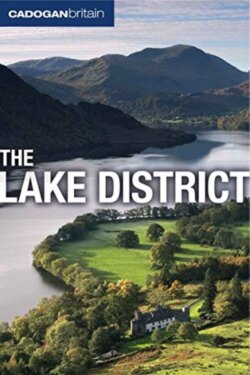Читать книгу Britain: The Lake District - Vivienne Crow - Страница 25
На сайте Литреса книга снята с продажи.
Conservation – Preserving our Heritage or Creating an Anachronism?
ОглавлениеThe National Trust, now one of the largest conservation charities in Europe, was founded in 1895, and much of its early work was centred on the Lake District (see here). Worried about the effects of industrial and urban development on the country’s heritage, the founders, Octavia Hill, Sir Robert Hunter and Canon Hardwicke Rawnsley, began setting up fundraising campaigns to purchase historic buildings, important tracts of land and even chunks of the coastline to protect them, in perpetuity, for the nation. Today, the National Trust protects about a quarter of the total area covered by the National Park.
In the early 20th century, with public demand for access to the countryside growing, groups such as the Ramblers Association, the Youth Hostels Association and the Council for the Preservation for Rural England began to urge the Government to set up National Parks.
Following the passing of the National Parks and Access to the Countryside Act 1949, the Lake District National Park was established on August 15, 1951. The National Park Authority is an independent body funded by central government. Its job is to ‘conserve and enhance the natural beauty, wildlife and cultural heritage; and promote opportunities for the understanding and enjoyment of the special qualities of the National Park by the public’. Where there is a conflict between these two roles, the first takes priority.
With its strict planning and building regulations, the authority comes in for a lot of criticism. Some residents deplore the stifling of development and take a philosophical stand on the issues of conservation and preservation; others, although they might agree with the broad aims of the National Park, resent the interference when, for example, they want to install double glazing in their homes.
Perhaps the 19th-century writer Harriet Martineau should be allowed to have the last word on this subject:
‘It is a desirable thing for every country that it should have within its borders a mountainous district… The wilder the mountain-region, the more certain it is to be the conservator of the antiquities of that country. When invaders come, the inhabitants retreat to the fastnesses where they cannot be pursued; and in places cut off from communication do ancient ideas and customs linger the longest. Every mountain-chain or cluster is a piece of the old world preserved in the midst of the new; and the value of this peculiarity far transcends that of any profitable quality which belongs to territory of another kind.’
